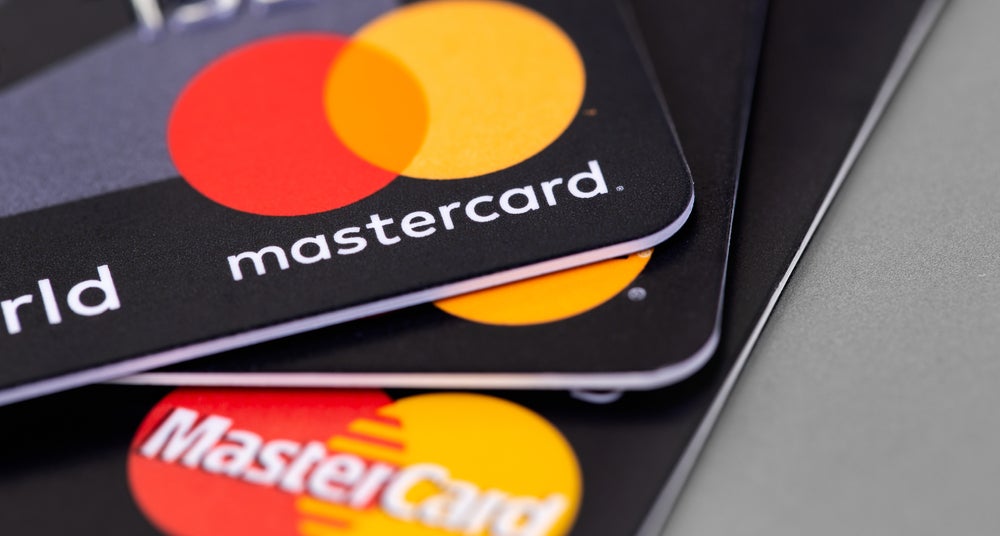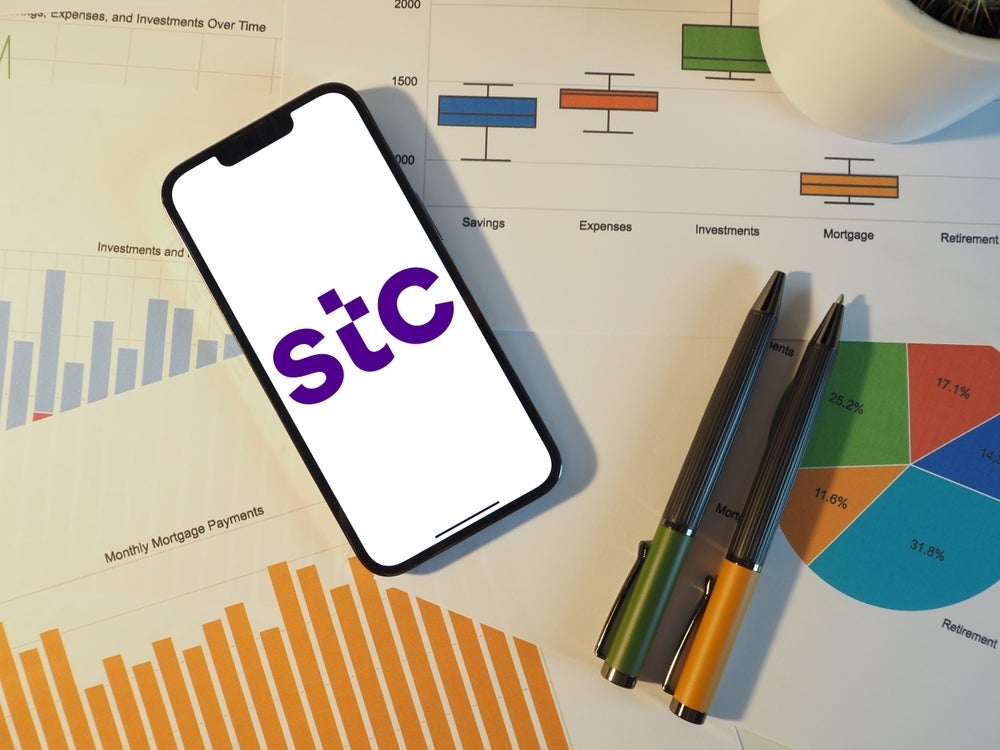
Banks are bracing for billions in credit card losses as cash-strapped customers struggle with rising unemployment and salary cuts during a devastating coronavirus pandemic.
Across the globe credit card lenders are grappling with a surge in calls from suddenly unemployed borrowers pleading for relief. Experts warn that card issuers can expect more delinquencies as the economic outlook worsens.
Credit card delinquencies have historically risen in lockstep with unemployment, while making bank more susceptible to hefty writedowns.
UK: highest default rate since 2017
In the UK, the number of people defaulting on their credit card debts soared in the first three months of the year, according data from the Bank of England.
Credit card lenders reported that defaults jumped to their highest level since the first half of 2017, following a deteriorating trend that dates back to last summer.
The default rate, which is calculated by the central bank based on a balance of responses from lenders, increased to 22.9% in the first quarter from 12.7% in the last quarter of 2018 and -11.2% in the third quarter of the same year. A positive figure indicates that the number of defaults has increased.
How well do you really know your competitors?
Access the most comprehensive Company Profiles on the market, powered by GlobalData. Save hours of research. Gain competitive edge.

Thank you!
Your download email will arrive shortly
Not ready to buy yet? Download a free sample
We are confident about the unique quality of our Company Profiles. However, we want you to make the most beneficial decision for your business, so we offer a free sample that you can download by submitting the below form
By GlobalDataThe last time the credit card default rate rose above 20% was in the second quarter of 2017, when it hit 25.4%.
US issuers scramble to build loss reserves
In recent years, US lenders began to curb the growth of their card portfolios as the longest economic expansion in U.S. history marched on. Still, credit card balances reached a record $930bn last year.
JPMorgan Chase, Citigroup, and Bank of America—three of the biggest U.S. card lenders—each get about 15% of their revenue from that business, according to data compiled by Wells Fargo & Co. Analysts.
Citi said its U.S. card businesses, which accounted for 16% of its net income in 2019, were responsible for half of the additional $4.9bn in reserves the company set aside at the end of March for expected loan losses.
JPMorgan Chase & Co (JPM.N), the biggest U.S. credit card issuer, reported its quarterly profit plunged by more than two-thirds, largely due to $3.8bn of additional credit card loss reserves.
Bank of America(BAC.N) set aside roughly $800m to cover credit losses related to the coronavirus outbreak.
American Express Co. has abandoned its profit forecasts for the year. The New York-based company, which gets more than half of its revenue from the fees merchants pay with each card swipe, has seen a steady drop in spending this month.
Almost 30% of spending on the company’s cards comes from travel and entertainment.
The US Travel Association pegged potential job cuts at 4.6 million by the end of next month. The National Restaurant Association anticipates 5 million to 7 million job losses over the next three months.
A global wave of consumer defaults
Experts have warned about a global wave of consumer defaults, beginning in China.
China Merchants Bank, one of the country’s biggest providers of consumer credit, said last month it “pressed the pause button” on its credit card business after a “significant” increase in overdue loans. An estimated 8 million people in China lost their jobs in February.
Qudian Inc, a Beijing-based online lender, said its delinquency ratio jumped to 20% in February from 13% at the end of last year.
It is easy to get a credit card in Vietnam, and a number of card holders, especially young people, are finding it difficult to repay their debts as their companies scale down business due to the pandemic.
According to data from the State Bank of Vietnam, there were 99 million credit cards in the country by the end of last year.
Around the world, the scenario reminiscent of the 2008 financial crisis, when credit card debt–generally the most expensive and risky consumer debt, with the lowest recovery rate–led to truly disastrous loss ratios for issuer.






